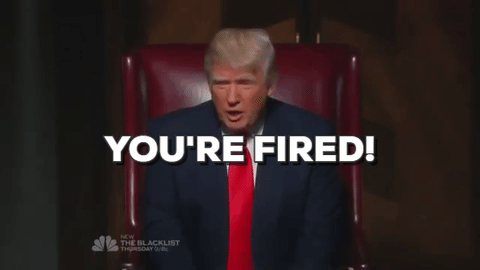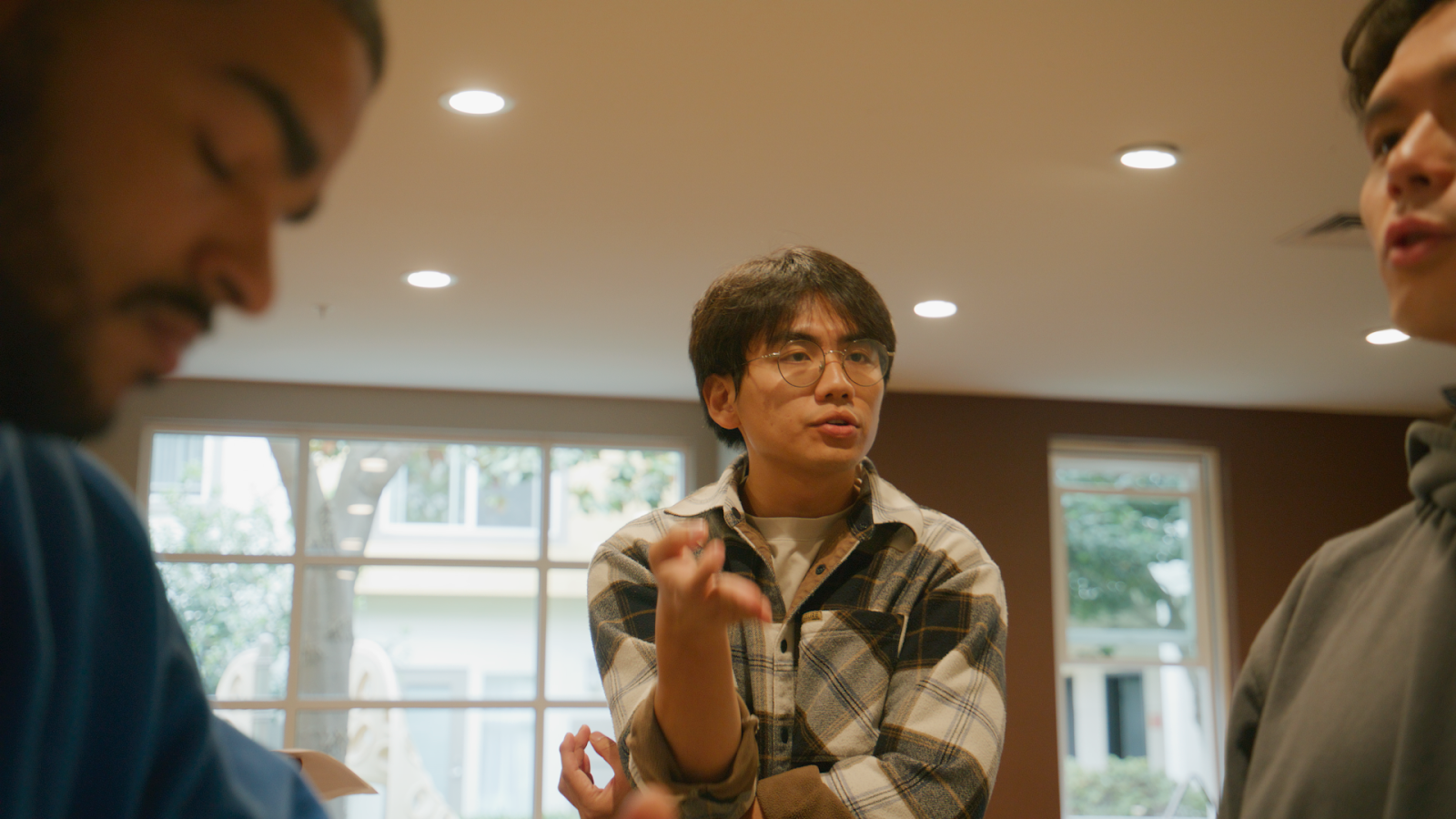
Donald Trump
Photo by Annie Spratt (Unsplash)
Over the weekend, President Trump came under fire after quote-tweeting a video of protesters and Trump supporters clashing in The Villages—a massive retirement community in central Florida.
Originally posted by an anti-Trump account using the handle “Fifty Shades of Whey,” the video, accompanied by the text “Seniors from The Villages in Florida protesting against each other,” opens with protesters shouting at a passing golf cart bearing Trump campaign signs and trailing a Trump 2020 flag while the driver holds up a fist and chants “white power!”
The Cycle of Outrage
In his tweet, President Trump added, “Thank you to the great people of The Villages. The Radical Left Do Nothing Democrats will Fall in the Fall. Corrupt Joe is shot.” And that was more than enough to set off the now familiar cycle:
- Donald Trump says or does something outrageous and offensive.
- Liberals and mainstream media outlets make a big deal out of how outrageous and offensive it is.
- Republicans and supporters downplay the seriousness of the issue, insisting it was a mistake or a misunderstanding, and that liberals are overreacting.
- Trump walks back or “clarifies” his previous statement or action.
- Bigots smile to themselves, knowing that Trump is on their side.
Around four hours after it was posted, the cycle was already complete.
A hundred news stories and thousands of tweets had already been written about how bad and unacceptable and flagrant the tweet was. Republicans and administration officials had already written the whole thing off as an accident. The tweet had already been deleted. And the guy who chanted “white power” in the video was no doubt feeling pretty smug—because the president was on his side.
The White House issued an official statement on the incident, saying, “President Trump is a big fan of The Villages. He did not hear the one statement made on the video.”
According to Alex Azar, Trump’s Secretary of Health and Human Services—who was reached for comment by CNN and said he hadn’t seen the tweet—”neither the President, his administration, nor I would do anything to be supportive of white supremacy or anything that would support discrimination of any kind.”
Donald Trump’s Well-Documented Love of Dog-Whistles
Critics would be justified in pointing out the many times Donald Trump has said or done things that seem to align with discriminatory and white supremacist perspectives, such as his reluctance to rejecting the endorsement of former KKK Grand Wizard David Duke, his Muslim travel ban, his distaste for immigrants from “sh**hole countries,” and his belief in his own (and other successful people’s) genetic superiority.
But of course there are established responses to deflect each of these issues, and loyalists are likely to revert to accusations of “Trump Derangement Syndrome“—that left wing politicians and media want to interpret everything Trump says and does in the worst possible light so they can freak out about it.
While there is actually some truth to the idea—many Democrats are likely to get far more upset about a Trump-led drone strike than they ever would have done under Obama’s leadership—this process has become a convenient cover that allows Trump to blow a variety of so-called “dog-whistles” that his most bigoted supporters love to hear.
 A 2016 tweet from Trump which many interpreted as implying that Hillary Clinton being beholden to a global Jewish conspiracy.
A 2016 tweet from Trump which many interpreted as implying that Hillary Clinton being beholden to a global Jewish conspiracy.
When Trump embraces the label of nationalism, or says there are “very fine people on both sides” (of a neo-Nazi rally and the counter-protest…), or decries “globalists” and “international bankers,” or calls protesters “THUGS” and says “when the looting starts the shooting starts,” it’s the easiest thing in the world for his supporters to dismiss critics.
“You’re so paranoid!”
“He didn’t mean it like that!”
“You make him sound like a mastermind!”
“His daughter is married to a Jewish guy!”
“It was just an accident…”
Does the Truth Even Matter?
So was it just an accident? Did the president share that video without listening to the audio of its opening moments? It’s absolutely possible—he’s hardly known for his measured and careful forethought—but it hardly matters.
Whether he retweeted that man’s racist chant because he agreed with it, because he wanted to bate liberals and distract from the developing scandal of Russia offering a bounty on U.S. soldiers, or as a careless impulse without listening to the audio, the result is the same.
The cycle repeated. Liberals freaked out. Conservatives rolled their eyes at the supposed overreaction. Trump deleted the tweet. Nothing changed.
It’s so familiar now that it’s boring. And what matters—this and every time the cycle recurs—is not what he said or did, but that he won’t apologize, and he likely won’t condemn the message.
For Trump, the suggestion that he’s hateful or cruel is not a problem. It works well with the old-school, abrasive businessman brand he’s been cultivating since the first season of The Apprentice—when he made firing people his signature move.

But the idea that he would be “weak” enough to apologize or express regret is beyond the pale. That would truly destroy his image.
Deleting a tweet, on the other hand, costs him nothing (other than risking a court case over illegally altering official presidential records). He has already angered his enemies, reminded his allies of how “deranged” the liberals are, and given his most hateful supporters something tasty to chew on—the knowledge that the president is with them all the way.
Because whatever Donald Trump’s personal beliefs really are, he does not want to lose the support of the man in that golf cart and others like him. Maybe he’s not “supportive” of overt white supremacy, but he’s certainly glad that open white supremacists support him.













